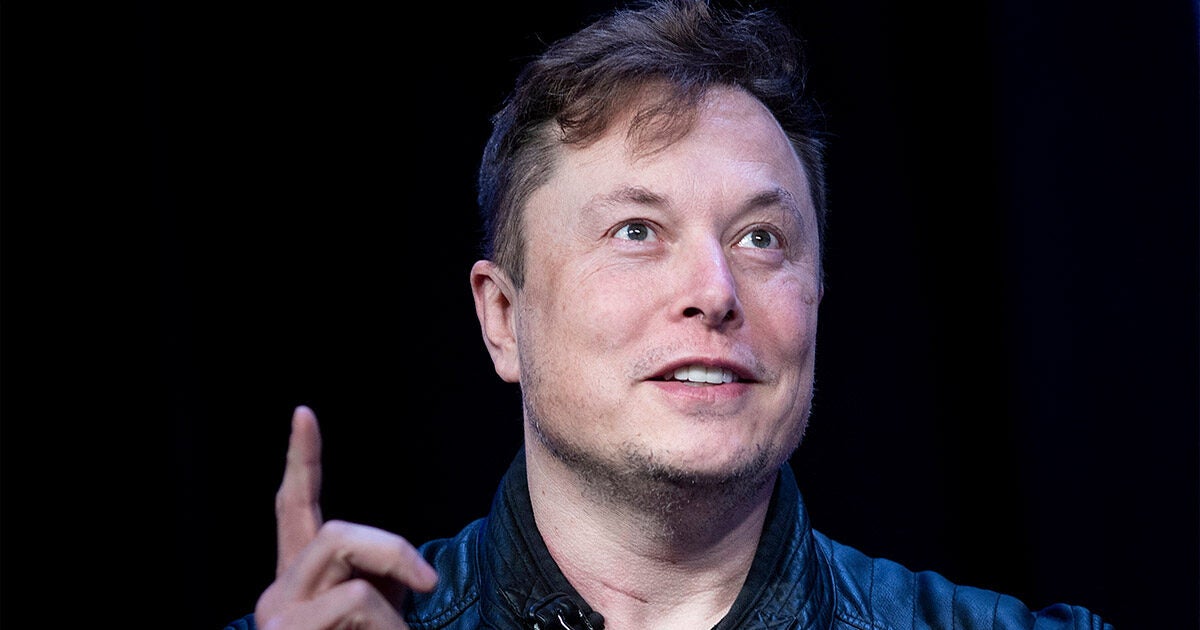Since Elon Musk, the world’s richest man, bought Twitter for $44 billion last month, the company has undergone a series of abrupt changes. Some changeslike Musk’s cooking of 50% of the company’s 7,000 employees, were deliberate. But others, like the walkout of more than 1,000 additional key infrastructure employees, as well as advertisers, were not.
Musk’s stated desire to make Twitter a haven for all speech “within the bounds of the law” has led to strong rise in posts advocating white nationalism, anti-Semitism, homophobia and threats of right-wing political violence, causing many users to reconsider whether they will continue to use the platform.
Critics say that all of these radical movements are akin to lighting Twitter investor money on fire. But is there a method to Musk’s madness?
Andy Wu is an Assistant Professor of Business Administration at Harvard Business School which studies technology entrepreneurs and the strategies they use to gain competitive advantage. Wu spoke to the Gazette about his views on Musk’s recent moves. The interview has been edited for clarity and length.
GAZETTE: Many of Elon Musk’s moves on Twitter have been widely criticized as erratic and even reckless. Some in tech suggest there’s more of a “move fast, break things” strategy than meets the eye. What does this look like to you?
UT: We shouldn’t be surprised by the management style Musk is adopting on Twitter. What he’s doing here is consistent with how he operates SpaceX and Tesla and his other businesses. While it’s not quite about building electric cars or going to Mars, the situation Musk is stepping into on Twitter is tough and might require a leader willing to take risks here rather than stay conservative. like Twitter has been for some time. . Prior to the acquisition, Twitter as a company was much weaker than most people realize. They’ve struggled with profitability for many years, and they’ve been quite slow to innovate on new features and growth opportunities. By making this deal and getting media attention on Twitter, all we’re really doing is exposing a lot of this weakness to the public that we just didn’t notice or didn’t not thought of before.
There are certainly a lot of rough edges in what Musk has done on Twitter so far. But I would say that many of these mistakes, even sometimes laughable ones, that we’ve seen over the past few weeks are an inevitable consequence of having to make certain kinds of decisions here very, very quickly. For example, a big challenge for Twitter is that its ongoing cost structure is a bit out of control and, in all respects, above comparable social media companies. And so, there’s definitely an incentive here for them to try to get this online as soon as possible.
If you compare Meta/Facebook to Twitter, Facebook has generated twice as much revenue per employee as Twitter, and Facebook has many more employees working on long-term innovative initiatives than Twitter. To a large extent, Twitter was inefficient in keeping its operations going, as well as innovating new features. So the fact that Musk came in and then fired half the company is consistent with trying to align that particular benchmark. We should definitely feel sympathy for everyone on Twitter who’s been through this. But at the same time, it should come as no surprise that Musk chose to start like this.
GAZETTE: Even before Musk’s purchase, Twitter was an influential but unprofitable company that lost money eight of the last 10 years. Today, digital advertising revenue is dropping pretty quickly on the internet, and advertisers are taking a break or quitting Twitter. What are the company’s financial prospects?
UT: It is certainly a precarious situation for the company. We have to keep in mind that Musk and his co-investors have more capital if they want to bail out the company again. So in that sense, they theoretically have some flexibility on what to do about upcoming interest payments on the debt that has been incurred. That said, the drop in ad revenue was probably more dramatic than expected. Advertisers are right to at least pause here and consider whether they want to stay involved with Twitter. In the longer term, Musk certainly wants to create revenue streams beyond advertising, but we don’t yet know if premium subscriptions or financial payments or any other idea will be able to compensate for lost ad revenue. But they will certainly try.
A big motivation for this deal was that Musk and his co-investors like Peter Thiel and others really wanted to build and protect a vision of Twitter as a public forum or plaza for free speech. Their preconception of free speech is politically and ideologically divisive. And for good reason, many advertisers do not want to be affiliated with this definition of freedom of expression. But if that’s the vision they want to achieve, they inevitably have to find a way to monetize the business other than ad revenue, because lost ad revenue is a cost they’ll have to deal with in perpetuity. The reaction of advertisers today is rather a prelude to what could happen in the future. So far, we haven’t seen so many structural changes in the company yet, and the changes and experiences are rolling out gradually day by day.

